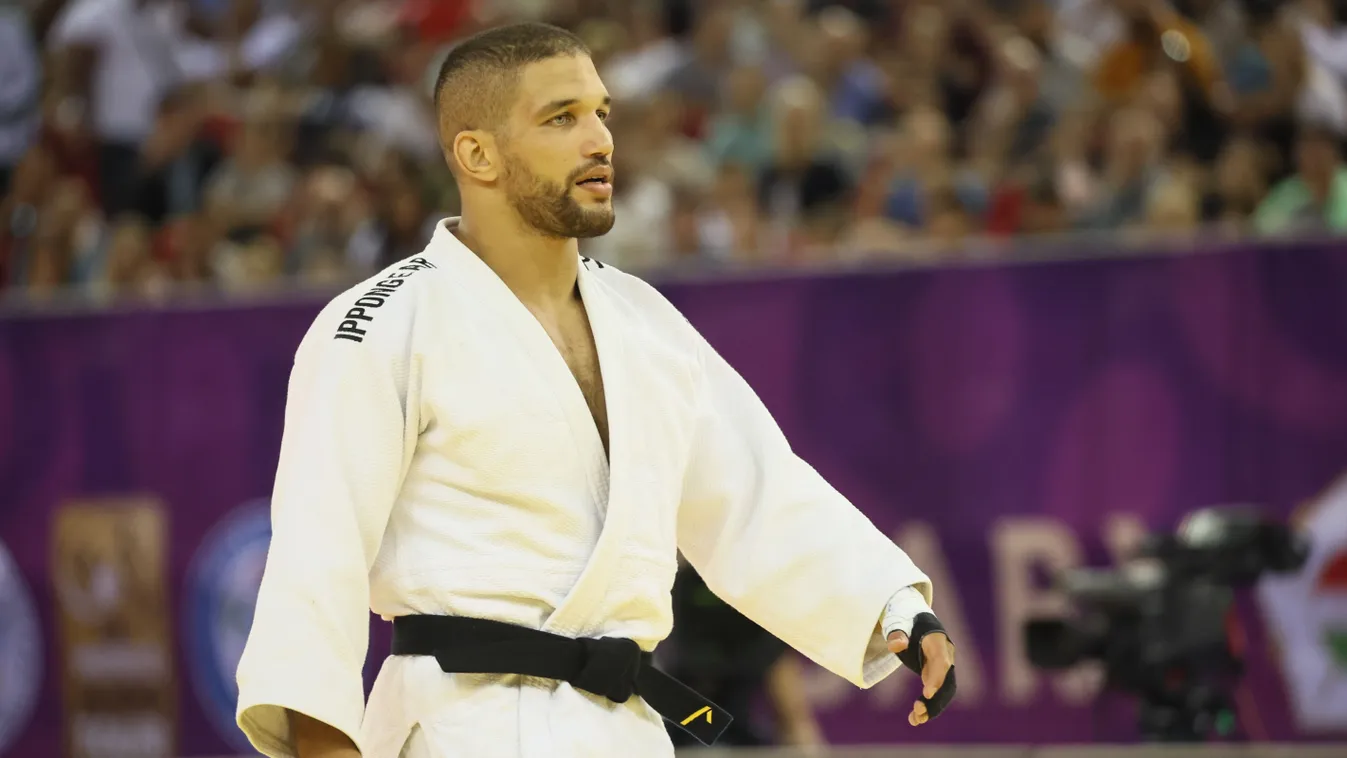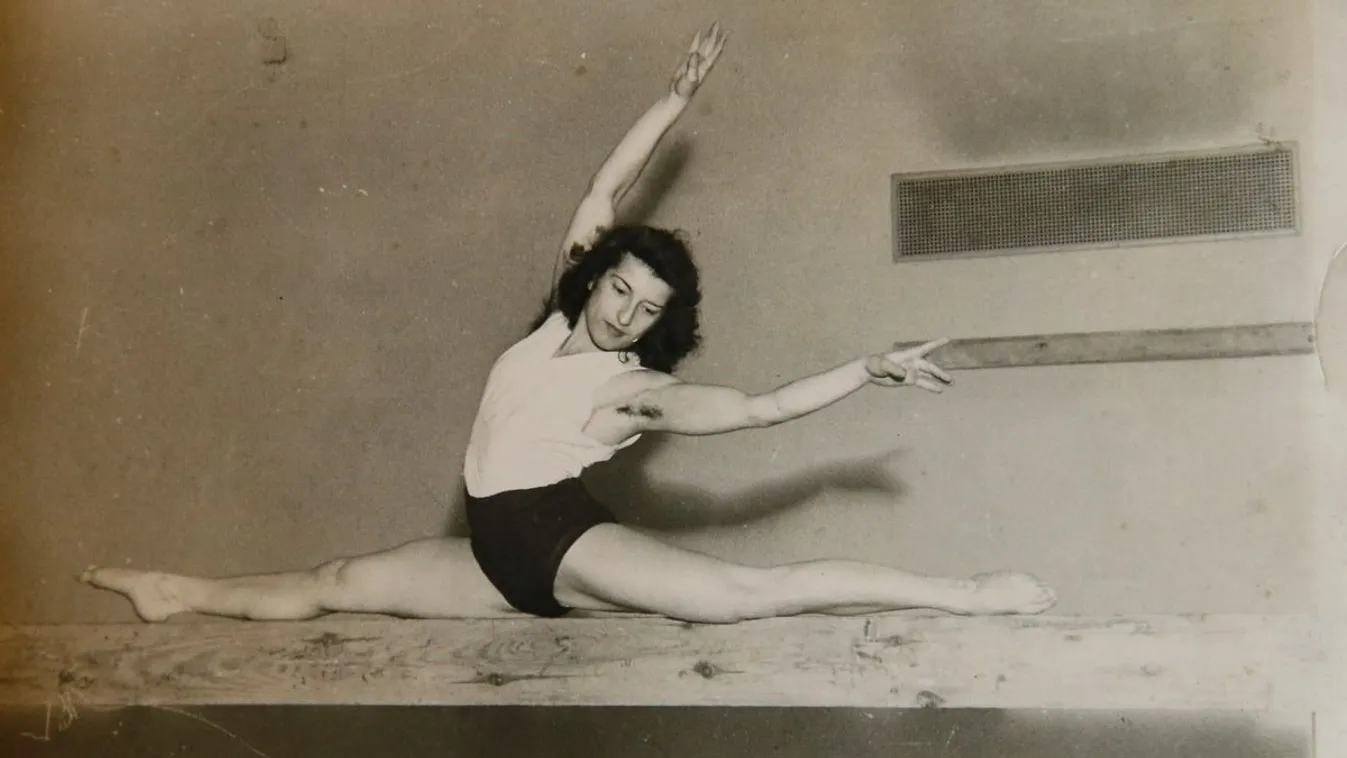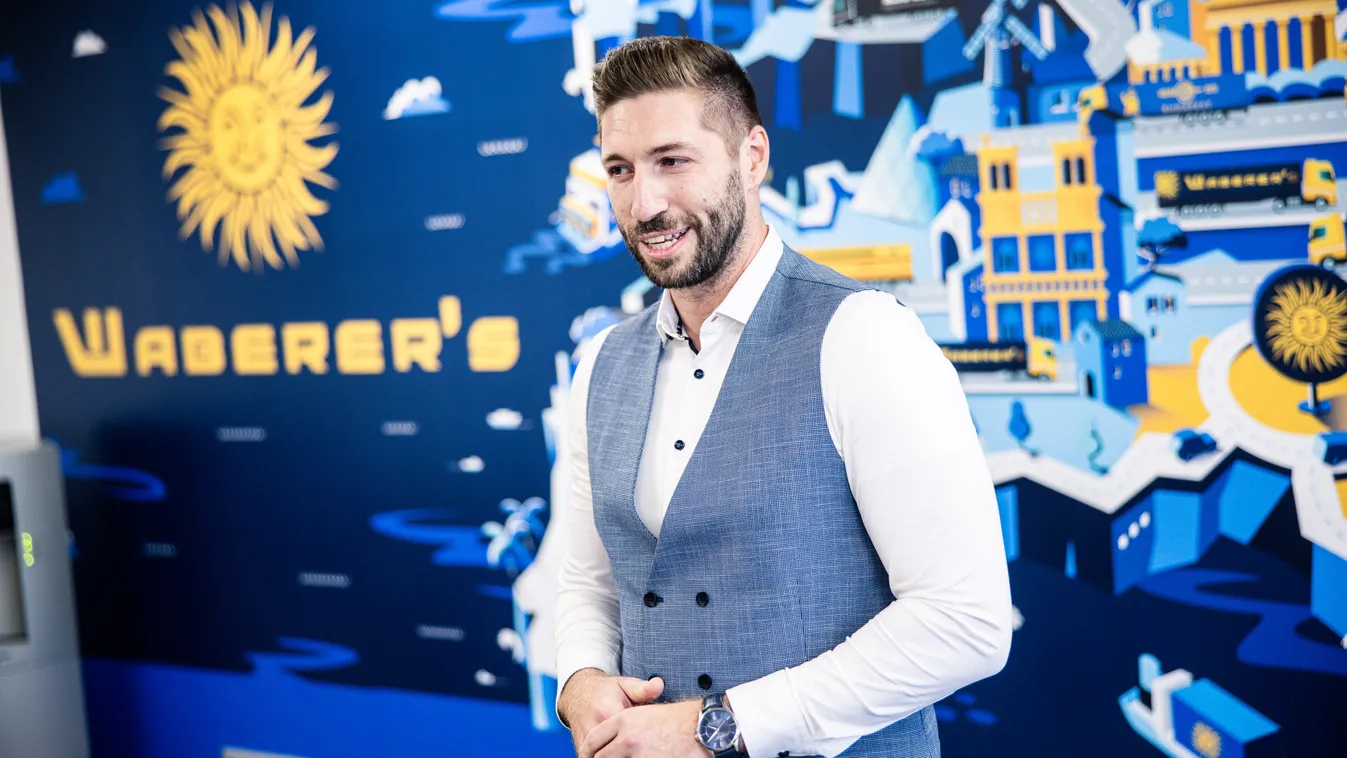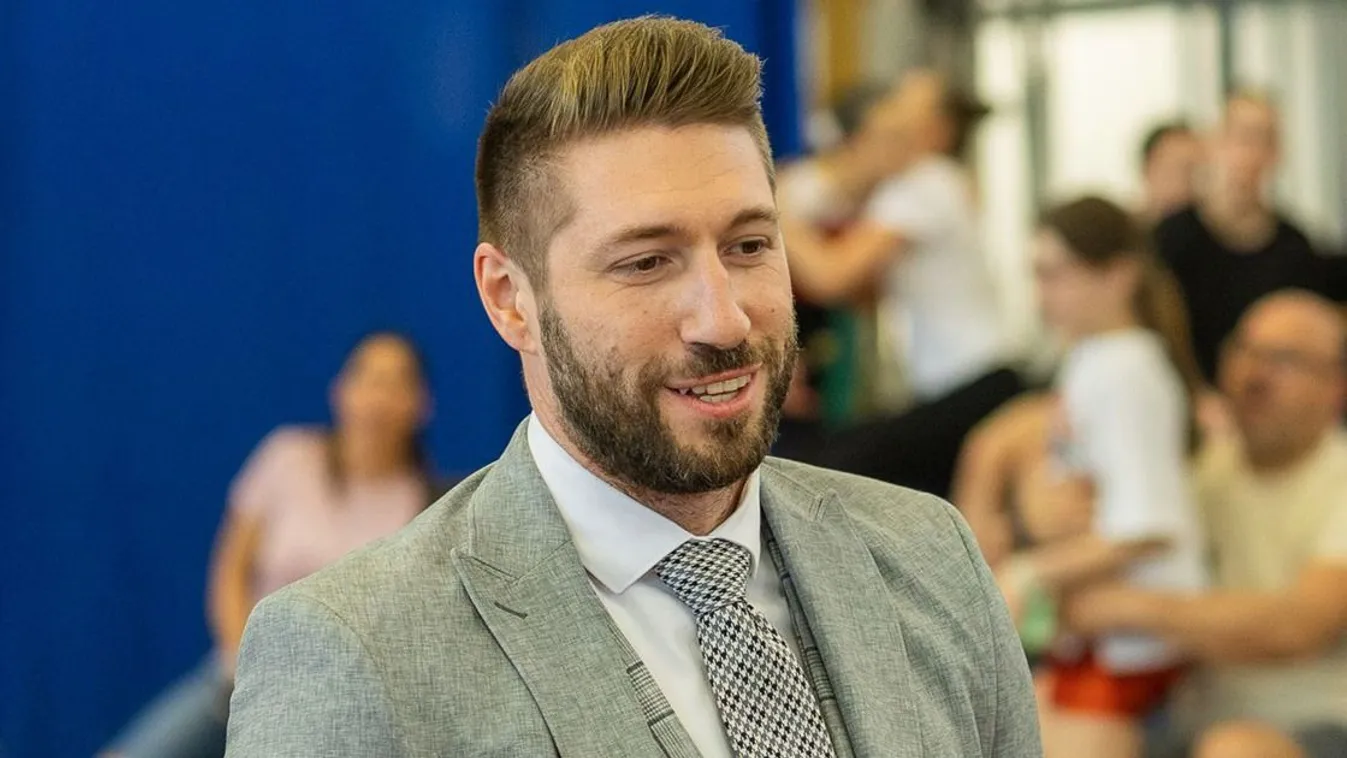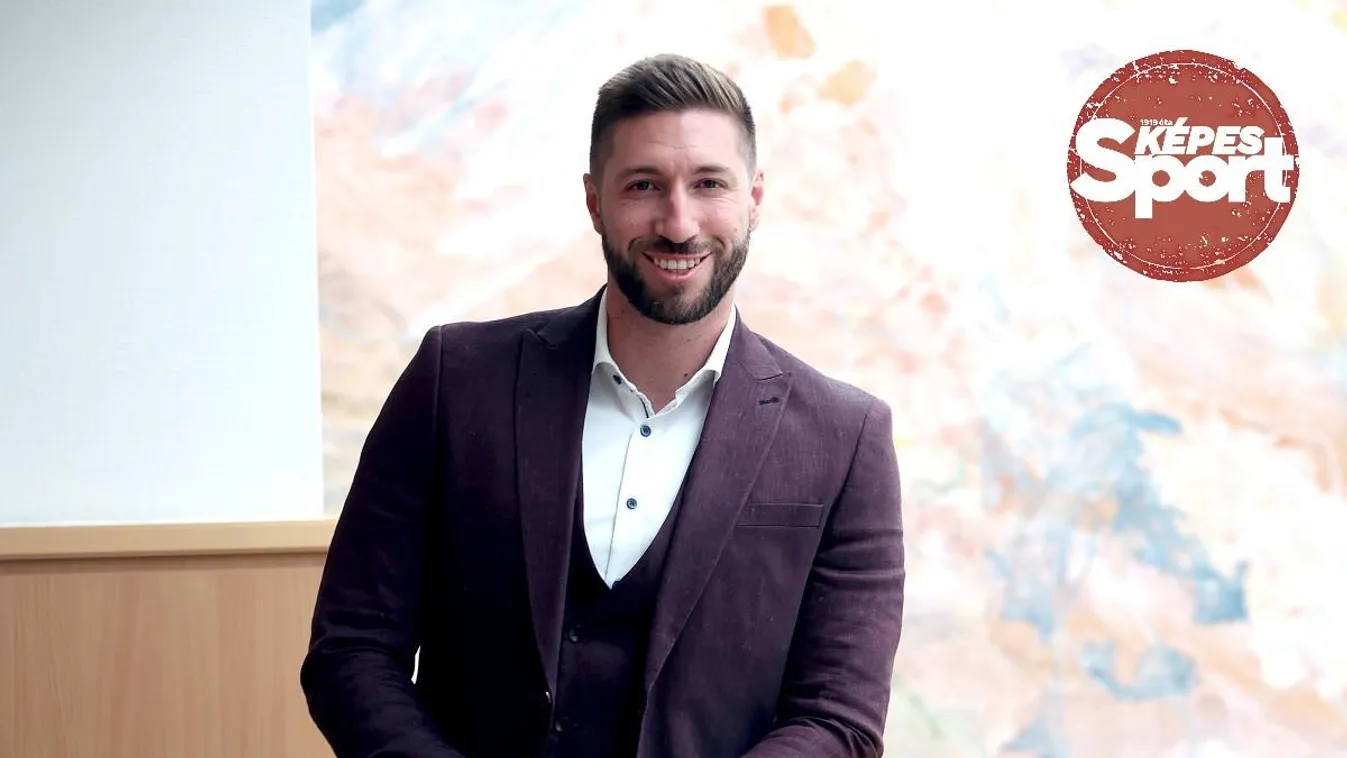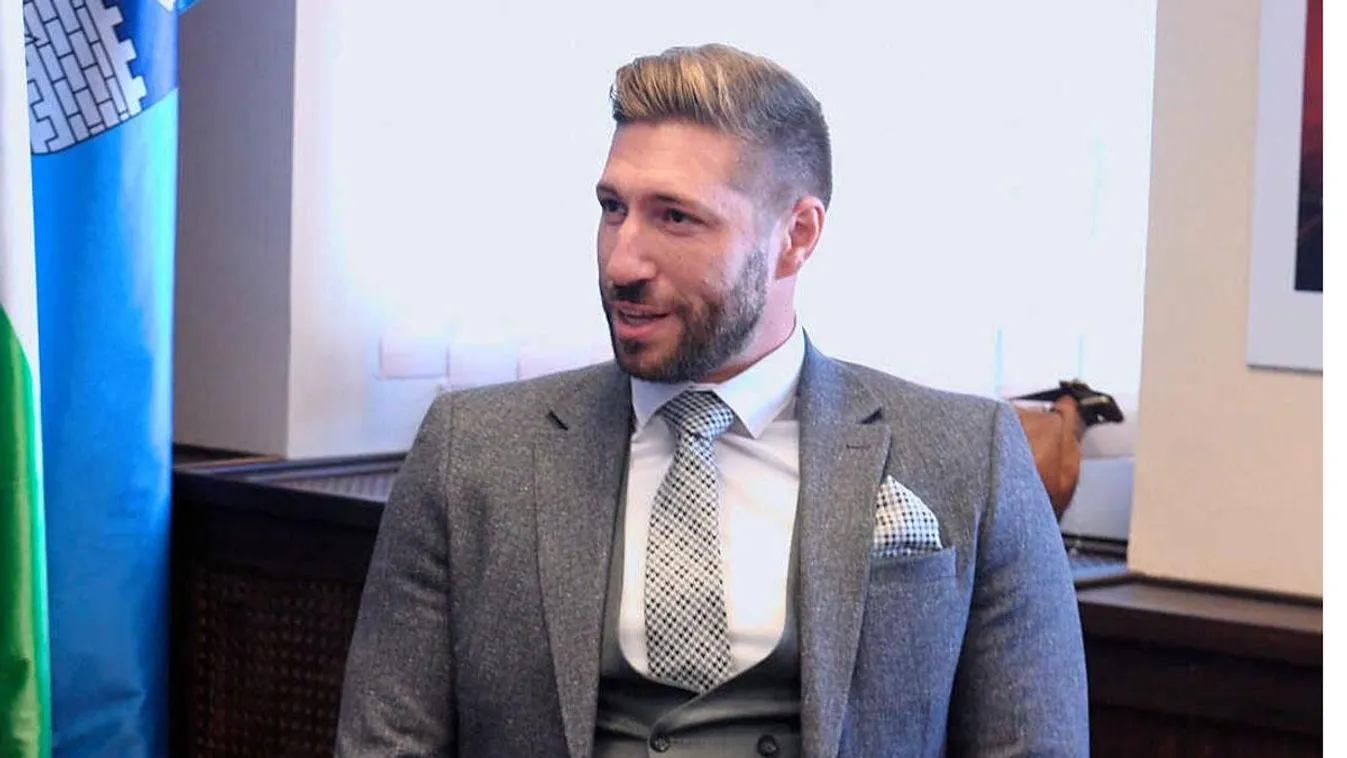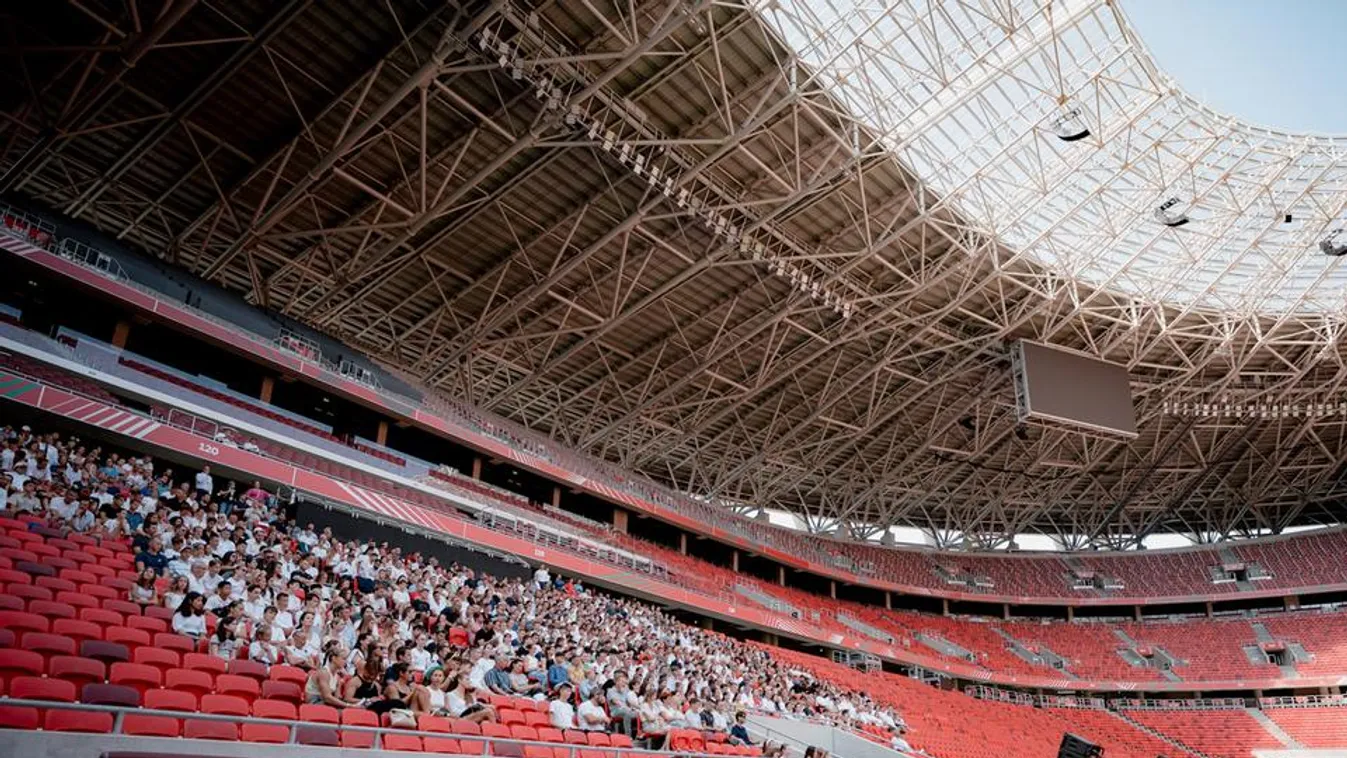Gymnastics: I think I can leave with my head help up high – Krisztián Berki
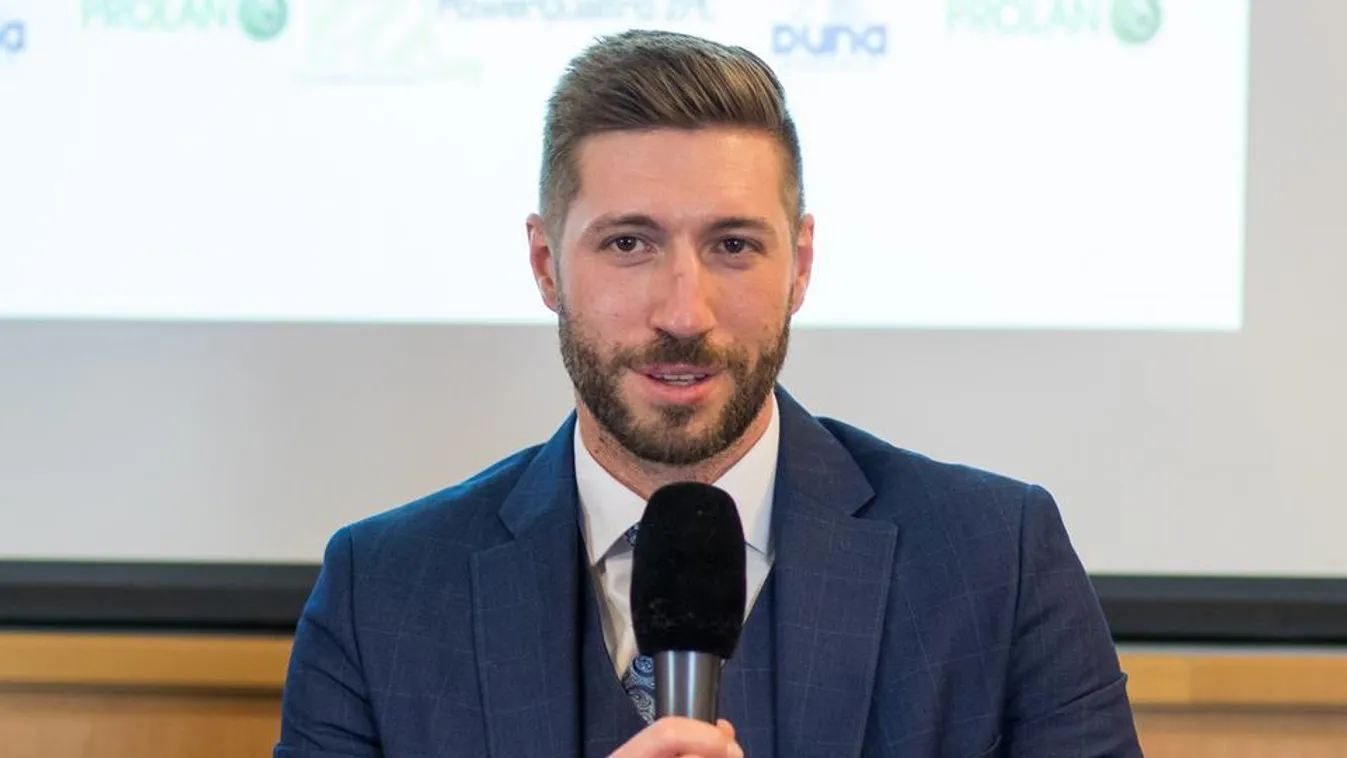
– Even though you trained very hard since you wanted to get a ticket for Tokyo, a couple of days before the 2019 World Championships in Stuttgart you got injured. You couldn't say your career was over there and then – do you accept it now?
– I still can't say easily that my career has ended, but I have to. The past year hasn't been easy not only because of the pandemic, but also because I couldn't practice much and the way I wanted. Even though we strengthened my shoulders and we tried everything, I felt more and more that maybe I shouldn't do this. There might be some people who consider last year as a waste of time, but it wasn't. I was in the gym every day and I fought. I fought to not let my shoulders get injured again and to be able to get on the horse. But whenever I tried do so, I felt this wasn't the Krisztian Berki who he used to be.
| Name:Krisztián Berki |
–Did you give up? Or did you have enough of the long suffering?
– I actually have been living my life with pain since summer 2017. So, yes, I had enough at the end. After another injury, just days before the World Championships in Stuttgart, my coach István Kovács also said it was enough.
–You wanted this World Championships badly.
– So much to the point that when I injured my shoulder, and the doctor said he could take out the broken piece of bone with arthroscopic surgery, I thought about doing it. It was a condition that he needed to finish within 30 minutes and that he couldn't touch anything else otherwise the healing process could take longer. I thought about traveling to Stuttgart even with a freshly operated, patched-up shoulder. My coach said that if I was 100 percent ready, he would even say yes to it. However, in the months leading up to the World Championships, I couldn't do a single routine properly. My shoulders have been unsuitable for gymnastics for years now. But I didn't want to say goodbye like this... Uncle “Kokó” wanted me to stop a long time ago, but he always said what kind of coach tells his athlete to stop when he wants to fight. At least it could've happened on the horse, but no, I was shoulder circling while running, and suddenly I felt a lot of pain.
–Are you sad you didn't say goodbye at a competition?
– I didn't want this last competition for attention either because that's never why I did all this – I didn't want this competition for applause either, but to give the audience something as I couldn't do anything for the past three years. It's over now...
–Gold medals, victories are all unforgettable memories for all of us, but does the athlete also remember them the most dearly?
– It's not the result or medals that I often think back to, but it's more of what I felt as a peak in my career, when it was when it hit me that yes, this is what I fought for every day. The 2002 Junior European Championships in Patras was my first competition after which it became clear I had to do pommel horse. It's strange because in that year I missed the final by 9-thousandths at the Junior World Championships in Debrecen. Then, three years later, I won the European Championships in that very city in pommel horse defeating the second place by 12-thousandths. Thousands of people sang the national anthem with me. That experience I received from my loved ones and the spectators is invaluable, and these feelings and memories gave me strength when feeling down.
–Can you mention a competition after which you felt that was the greatest routine?
– Yes, the 2008 European Championships in Lausanne. It was six months after the World Championships in Stuttgart, and I couldn't secure a ticket for Beijing. That was a big disappointment, but after two weeks of rest, my coach and I held onto each other and worked even harder. I performed my Thomas flare routine for the first time in Lausanne.
–The truth is you crashed the competition.
– That gold medal for me was like winning the Olympics. I felt satisfaction and that I showed what I could do. I knew that it was a routine that no one else could no and no one could beat me. If I don't deserve to be at the Olympics even with this knowledge, then... But let's leave it at that.
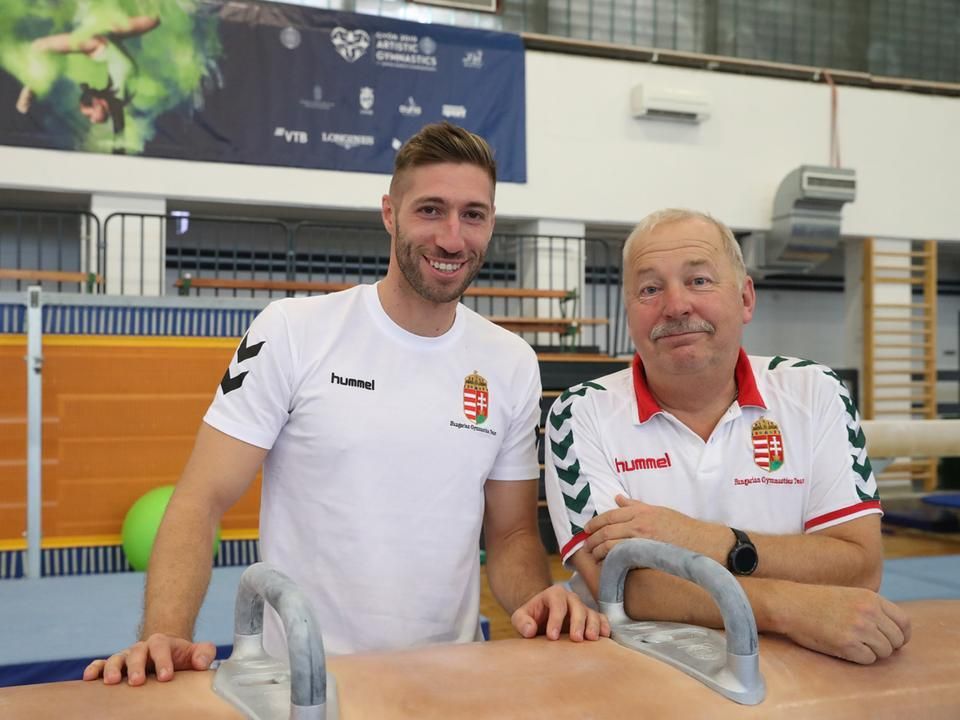
–You've just said, “my coach and I held onto each other even more.” You were born under a lucky star, you know that, right?
– I wouldn't be who I am without Uncle “Kokó.” Fate and life led me to a man on this path whom I cannot image a better coach. In the past couple of decades, we've been through heaven and hell, but it never occurred to us to give up – not even in the most difficult moments. I needed him, and he was the coach who was able to get me to the top.
–Let's not forget that legendary conversation!
– I was very nervous at the Junior European Championships in Patras as it was my first international competition. On the way to the finals, Uncle “Kokó" saw that I was timid, so he encouraged me that the whipped cream was already on the cake, so let's put the cherry on top of it as well!
The Hungarian Gymnastics Federation established the new position of sports director in December last year. |
–Did the cherry always mean gold medal?
– It meant good routine. It was always important for both of us to show on competition what we prepared. I was asked multiple times what the secret is to my successes. If there was one, it was to train the way that nothing could surprise you on the podium. Of course, there's a possibility of mistakes, especially in pommel horse. If you put your hands just an inch away, you fall from the apparatus. However, if you focus on your job and can present your routine when calling you, whatever the outcome, you can't blame yourself and can look into the mirror with conscience.
–It only sounds simple when said and listened to.
– That's also true, but we worked really hard. This mentality gave me strength and I knew if I didn't succeed at a competition for some reason, there would be the next event – but why wouldn't I succeed, anyway? When I stood by the apparatus, it was always on my mind that I'd done my routine a thousand times during trainings, so why couldn't I do it now as well?
–30 years in gymnastics – won't you miss the magnesium powder?
– I don't miss it yet, and to be honest, it wasn't the strongest feeling I had last year either. Simply, I couldn't mobilize as much energy as I should've. I was afraid for my shoulders because there was a training after which I couldn't sleep for a week and a half, and the pain caused difficulties in my daily life as well.
–Is there something you miss in your career?
– I miss that very last competition in which I could've said goodbye to the audience. This sense of lack will surely take time to get over with, but I just couldn't wait more when I felt that I cannot bring back the former Krisztián Berki to the gym. That's when I had to call it a day. I got a lot from gymnastics, but I never thought the end of my career would be so hard: when every movement causes pain... If I could, I would want to erase those years from my life. But I think I can leave with my head held up high, and I'm going to waving to the audience at gymnastics events – just not with a wristband on my hand.
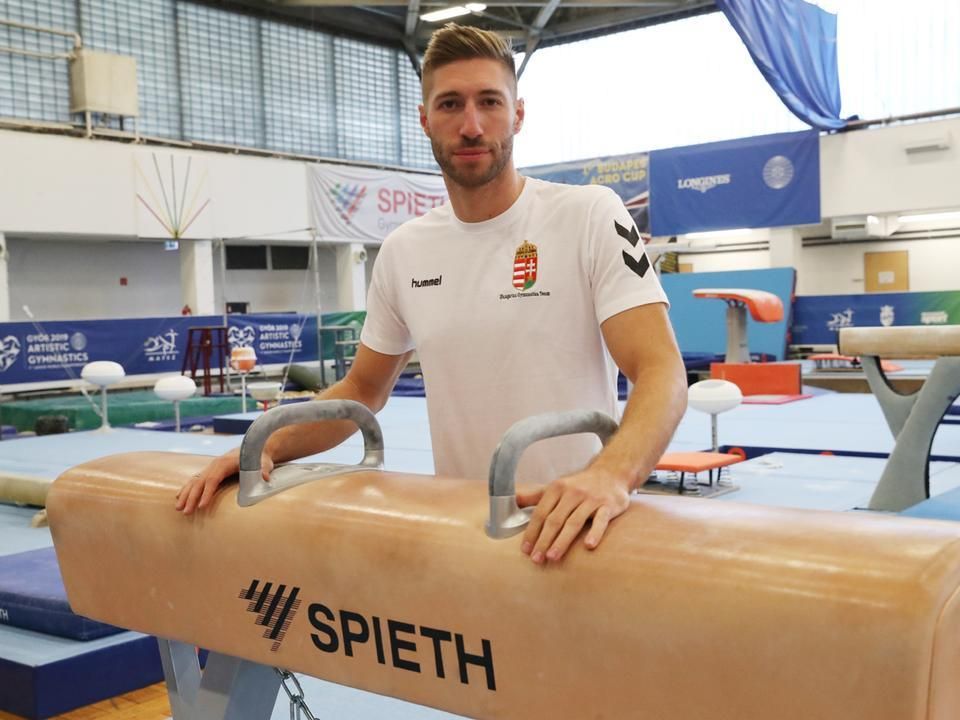
Translated by Vanda Orosz

